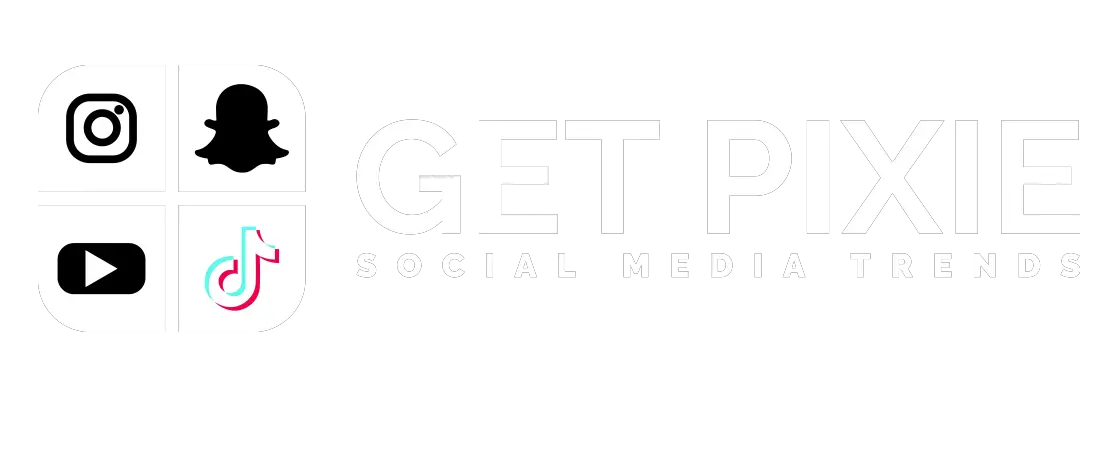Have you been thinking about the effects of social media on your health as a college student? If yes, you are at the right place. Various research studies have shown that social media is responsible for increased anxiety and depression among students thus outweighing the benefits that it can give.
However, when used compulsively, social media platforms can harm the mental health and well-being of students. College students, parents, and teachers need to understand the effects of social media particularly on their mental health.
Your mental health and wellbeing are hugely affected by the relationships that you have. We need other people to achieve our goals and thrive. Having conversations with others can minimize stress, anxiety, and depression. And provide joy, and comfort, prevent self-esteem and prevent feelings of loneliness. A lack of strong relationships can negatively affect your emotional and mental health.
The majority of college students use social media platforms such as Instagram, Facebook, Twitter, Snapchat, and YouTube to connect with their peers. While each platform has its pros and cons, it’s important to remember that these platforms can never replace real human relationships. If you feel that you are close to burnout, then it is worth writing down everything that you think on a piece of paper. You need to get ideas for health essay examples to have some inspiration and to have the topic. This will help to distract and understand the root of the problem. You can also read articles on social networks and look for a way out there.
If you conduct your research on social media on mental health, you’ll discover that it has more cons than pros. These online platforms can be a source of comparisons, sleep deprivation, and cyberbullying to name a few. Let’s discuss these issues:
1. Comparisons
Social media platforms are ideal for posting beautiful pictures and current status. Most college students spend a lot of time scrolling their phones and looking at what their peers are doing. They then compare their lives with what they see. And they tend to exaggerate. As you compare your life with those of your peers on social media, you should keep in mind that very few people post the hardships that they are going through. Plus, posting themselves in an amazing restaurant or on vacation doesn’t always mean that they are having the time of their lives. Remember, the reality isn’t always as it seems.
2. Lots of fake friends
Following and accepting thousands of friend requests is a leading trend on all social media platforms today. These people can access your details and snaps. However, these people aren’t real friends. A lack of good relationships and student contract for grades can negatively impact your mental health. While it’s great to have lots of friends on social media, you shouldn’t invest a lot of time and energy trying to impress them. Instead, focus on grading college papers and reading teacher comments for students’ writing.
3. Cyberbullying
Research studies have shown that female students are at a higher risk of cyberbullying than male students. Cyberbullying has been linked to stress, anxiety, depression, and suicidal thoughts. College students are being bullied on social media today like never before. They receive offensive comments regularly. These platforms are the perfect place for spreading rumors and lies that lead to permanent emotional scars. As a college student, you can use social media positively by finding research paper examples and essays and sharing with your friends.
Why does it matter?
According to a study conducted by Pew Research Center, more than 90 percent of teenagers have a smartphone. And 45 percent report that they are online almost all the time. Close to 70 percent of youth use Instagram and Snapchat and 85 percent access YouTube. Some of the potential risks of social media include:
- Anxiety – Most students have invested a lot of time and energy in social media. They are always under pressure to post perfect photos and respond to their online friends. And this leads to anxiety. When they make a mistake online, it can be a huge source of stress.
- Sleep deprivation – Students spend many hours on social media that they start losing sleep. Sleep deprivation has been linked to poor concentration, irritability, overeating, weak immune system, and poor grades.
- Jealousy – While jealousy is a natural emotion, it can harm an individual’s brain if they keep dwelling on what their online friends have done or experienced. Most people only post good things that happen to them or make fun of bad things happening to them. And this can make them feel like their lives are dull.
Conclusion
Rapid technological advancement has led to the development of social media. When used moderately and properly, these platforms can transform lives. On the other hand, when used wrongly, they can lead to stress, anxiety, depression, and even suicidal thoughts. College students need to know the pros and cons of these online platforms and learn how to use them to avoid negative results. If you think you are addicted to social media, you should consider seeking help from a professional.






![YouTube SEO in 2024 [Definitive Guide]](https://getpixie.com/wp-content/uploads/2024/02/shutterstock_1684828252-1-150x150.jpg)








